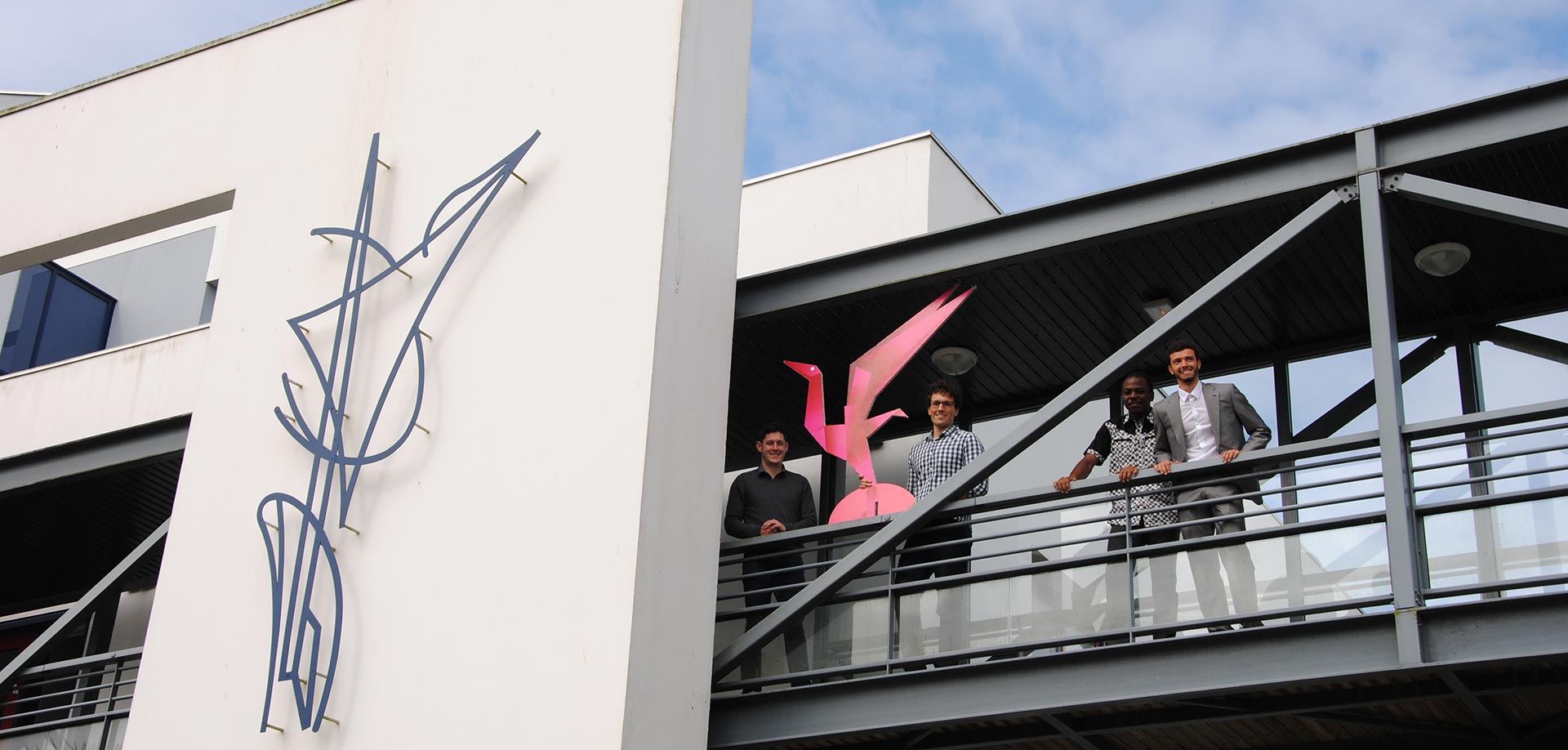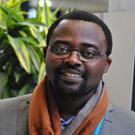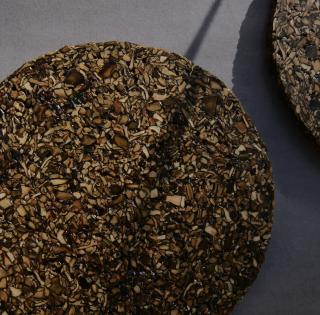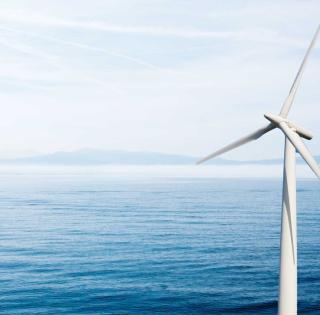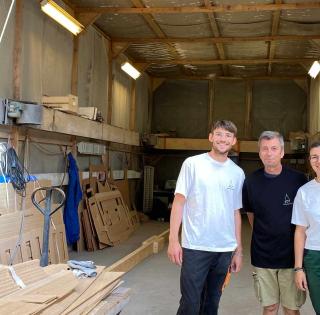
- welcome project leaders. The latter are able to seize the many opportunities open to them for developing their business plans under the very best conditions.
- inspire an entrepreneurial spirit in students and train them in entrepreneurship. This encompasses the discovery stages and taking their plans further.
- Several offices and a meeting room are reserved for the incubator.
- Each office is fully equipped with IT equipment, a landline, a whiteboard, etc.
- A mailbox is also included in the services provided.
- Joining the incubator also includes access to the sports facilities on campus: weight room, soccer/rugby field, gym, sports hall…
All technical projects include a prototyping and testing phase. ENSTA Bretagne helps with designing and building prototypes on campus. To do so, it relies on the equipment available on campus and on the support of the mechanical, electronics and IT technical staff.
Numerous processes can be carried out such as 3D printing, machining and circuit board manufacturing.
In addition, the mechanics and ICST (Information and Communication Science and Technology) research centers located on campus provide a wide range of testing equipment.
- Technopôle Brest Iroise / French Tech Brest + : With this partnership, project owners have access to both advice suited to their needs and to conferences. It is also an open door to a large address book.
- Le Village by CA: As part of this partnership, project owners benefit from contacts with partners and startups in their network, and when the project is mature, they are supported in speeding up their company through the expertise of Village by CA.
Startups must often choose between various options, not only for the technical aspects of their products or services, but also in areas such as marketing or communication.
To help with their decision-making, they can challenge ENSTA Bretagne students with projects on which the students can work in teams, as part of their training.
In addition to the technical issues, ENSTA Bretagne students can also work on other aspects such as market analysis, target definition, pricing policy and funding options through the Engineering and Business Science major.
ENSTA Bretagne's business incubator is open to all business start-up projects subject to approval by ENSTA Bretagne's management team. To access the incubator, entrepreneurs must submit an application which is examined by a panel of judges.
Projet de recherche et développement d'un biomatériaux pour le renforcement des traits de côte du littoral.
As an enthusiast of big ships, a building and public works architect wants to develop a sector involving taking parts and structures from ships at the end of their service life and re-using them in building and public works. In an low-carbon ecological context, this represents a new life for ships and a new process in designing buildings and cities of the future.
Jeune entreprise, Gwemon, fabrique des objets décoratifs, de design à partir d'un matériau innovant et éco-responsable : un aggloméré d'algues, sans colle et utilisant un procédé low-tech.
An ENSTA Bretagne doctor of engineering and an ENSAM Paris professor are pursuing the idea of an eco-designed bicycle made of biobased materials, including mechanical design to reduce weight as much as possible.
It is a naval architecture eco-design office aimed at designing ships out of new materials >> More info
Passionnés de voile et sensibles aux enjeux écologiques actuels, 2 anciens étudiants de l'ENSTA Bretagne, se lancent dans la construction du premier voilier habitable constitué de contreplaqué de Bambou.
An initiative by a young engineer from Centrale Paris who is designing and developing an electric tractor which, beyond the environmental aspect, reduces the total cost of ownership for farmers by 30%.
ARKANE led by two doctors of engineering is developing a project that combines a wireless sensor network and artificial intelligence that will manage communication between the two sensors
Le projet porte sur la conception, le développement et l'industrialisation d’un moteur à hydrogène à combustion interne à haut rendement pour la mobilité lourde (bus, camion).
FIL&FAB emerged in 2020. Three young design graduates had the brilliant idea of using worn fishing nets as a new raw material, called Nylo®. These granules have clearly identified properties and are upcycled as new objects: spectacle frames, lamp bases, watch straps … several leading brands are already partners.
GWILEN aims to transform marine sediments into raw material for making architectural, interior design or decorative items. Yann and his friends are architects, civil engineers and founders of Gwilen. They had the idea of utilizing these sediments, which are extracted during harbor or estuary dredging operations or maritime works. This new, 100% mineral innovative material, which does not require added cement, resin or firing, is then tinted and molded, giving rise to a whole range of objects. “Millions of tons of sediment are discharged in the sea every year. In France, the figure is between 40 and 50 million cubic meters, which you could compare to the volume of a Tour Montparnasse skyscraper being discharged every three days.” www.gwilen.com
IANIRA is being led by two retired French navy clearance divers and two ENSTA Bretagne engineers.
Together, they have created the ACTIUM system which was patented in 2020: an innovative marine marker for the extended marking and geo-location of an object or location on the seabed.
The marker activates and rises to the surface at the time set by the divers – whether amateurs or professionals – who then know where to resume their underwater mission or exploration. The Bluetooth-programmable electronic system, optical control and inductive battery charging make it an unprecedented and highly effective solution, which has been tested and validated in test tanks and at sea. More info
INOBO designs transparent, scalable kiteboards. This start-up, imagined and developed by Antonin Raffarin and Thomas Glawnoski, both graduates from ENSTA Bretagne, has taken off.
Improving the underwater vision of cameras. Two engineers specializing in optics have come up with a system for the automated processing of images from underwater robots to provide them with greater clarity.
Trois chirurgiens du CHRU de Brest et un enseignant de l’ENSTA Bretagne ont l’idée d’inventer un nouveau type de plâtre fabriqué par impression 3D
SKRAVIK (sterne en breton) est portée par deux naturalistes, organisateurs de plusieurs expéditions d’observation en mer, désireux d’apporter une solution environnementale nouvelle aux expéditions marine (en incubation)
Surfboards made from recycled cardboard
100% plant-based shoes made from African fabrics.
The two partners in this venture are harnessing traditional African know-how, helping these craftspeople – whose methods are environmentally-friendly – to achieve economic self-sufficiency. The project set the stage for the design of 100% plant-based sneakers.
SPLASHELEC vise à rendre accessible la voile aux handicapés et à automatiser les foils.






